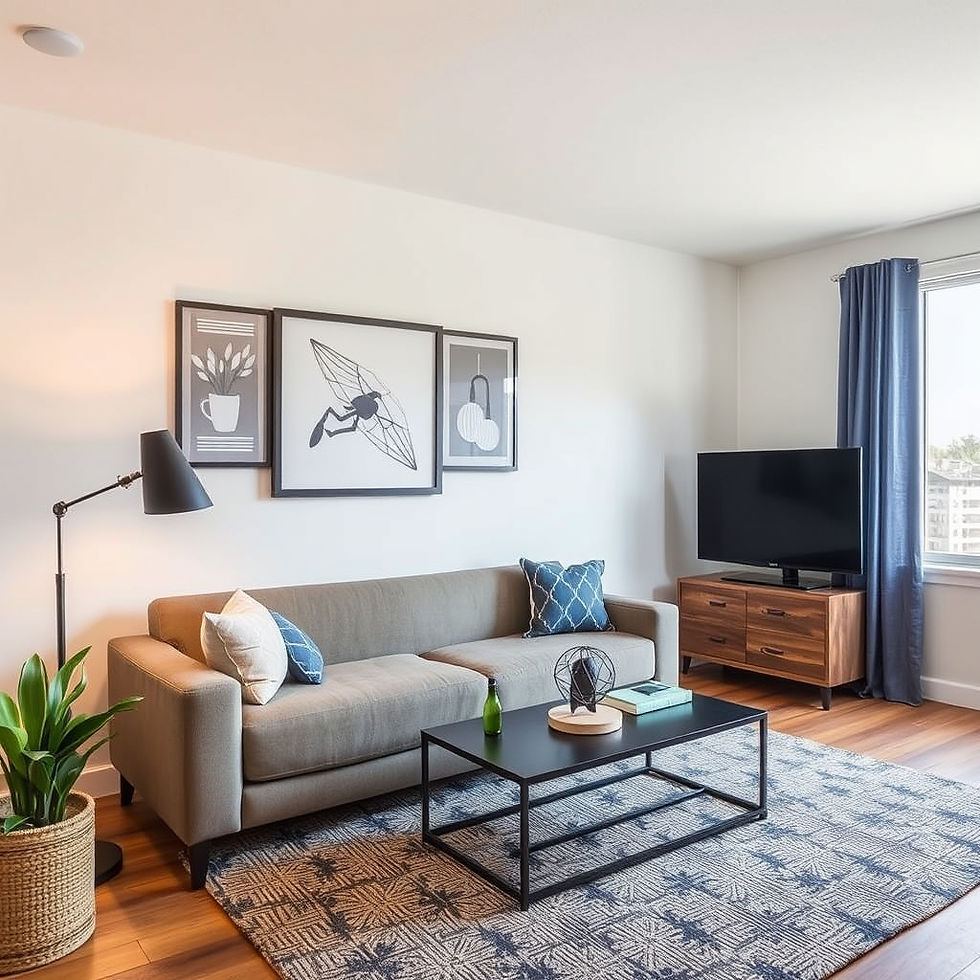CAA derails rent control measure, likely for rest of 2025
- desiraer2
- May 1, 2025
- 2 min read

The California Apartment Association has successfully derailed legislation that sought to impose stricter statewide rent caps and broader eviction controls, likely halting the proposal for the rest of 2025
Less than a week after advancing from the Assembly Housing Committee, the proposal by Assemblyman Ash Kalra, D-San Jose, was pulled from consideration and removed from Tuesday's Assembly Judiciary Committee agenda. The move effectively stalls the bill’s progress, likely until at least 2026.
The bill, known as AB 1157, proposed sweeping changes to California’s existing rent cap law, AB 1482, by reducing allowable rent increases to 2% plus inflation, removing exemptions for single-family homes and condominiums, and eliminating the law’s 2030 sunset date.
CAA, which testified against the bill during last week’s housing committee hearing, welcomed the news that the measure would not advance this year. CAA has consistently warned that the legislation would worsen California’s housing shortage by discouraging investment and new housing construction.
“This outcome reflects the power of a coordinated effort between CAA’s lobbying team and our members,” said Tom Bannon, chief executive officer for the California Apartment Association. “Thousands of rental housing providers wrote letters to lawmakers, and more than 150 came to the Capitol to oppose this bill in person. Their voices, combined with strategic advocacy from our government affairs team, played a key role in halting this damaging legislation.”
During the April 24 hearing, Debra Carlton, CAA’s executive vice president of state public affairs, cited the Legislative Analyst’s Office in explaining how rent control policies restrict supply and exacerbate unaffordability. Carlton also noted a sharp decline in multifamily housing permits following the qualification of Proposition 33, a failed 2024 ballot measure seeking to expand rent control. Further, she reminded committee members that many owners of single-family rental homes are still recovering financially from the inability to collect rent during the COVID-19 pandemic.
Additional concerns came from pro-housing groups, including California YIMBY and YIMBY Action, who warned that AB 1157 could unintentionally worsen the state’s housing shortage. Critics noted that the bill would extend price controls to accessory dwelling units (ADUs), one of the few housing types to see consistent growth in recent years.
Opposition to the proposal came from a broad coalition of rental property owners, many of whom traveled to Sacramento last week to voice their concerns. Opponents emphasized that expanding rent control to single-family homes and eliminating the sunset date for rent caps would place further strain on small rental housing providers and limit future housing production. They also pointed out that California voters have rejected similar rent control expansions at the ballot box three times in recent years.
Although the proposal will not move forward this year, CAA remains vigilant and committed to opposing policies that undermine housing creation and property rights.



Comments